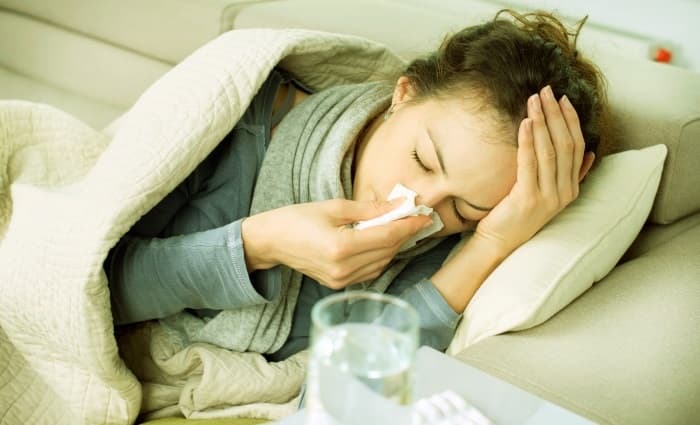
Mold exposure was originally linked to health conditions such as upper respiratory issues, cough, and aggravation of asthma in asthma sufferers more than a decade ago. Since that time, studies have continued to attempt to define the link between exposure to mold and health conditions in adults and children.
Recently, the discussion has shifted to a concern that long term exposure to mold can result in mold toxicity. But what is mold toxicity and what does this mean for your health?
What is Mold Toxicity?
The theory that mold spores and their mycotoxins can accumulate within the body and result in short and long term health conditions is known as Mold Toxicity or Mold Illness. Essentially the belief, and purpose of a number of ongoing studies, is that the effects of mold exposure may go well beyond the allergic reactions some people experience and that have been previously defined by scientific study.
Research is ongoing to determine the effect mold and their mycotoxins may have on your health. In fact, new methodologies for testing and research continue to be developed or determined necessary to hone in on and assess these potential health concerns. To date, while we know that some molds do produce mycotoxins, we cannot say that some molds do not. The fact of the matter is that we simply may not yet be able to test for or recognize the mycotoxins produced by most molds.
How does Mold Toxicity affect your health?
Mold Toxicity is believed to have the potential to cause a number of short and long term medical issues from severe headaches, rashes, muscle pain, new or increased response to allergens, nausea, vomiting, and diarrhea, to more severe conditions such as hair loss, anxiety or depression, insomnia, fatigue, recurring infections, and autoimmune issues.
Among developing children, it is believed that long term mold exposure and potential mold toxicity can increase the likelihood that they develop lifelong conditions such as asthma and concentration issues.
The relationship between mold and bacteria
To further complicate study of the effect of mold on your health, bacteria often thrive in similar environments. So, where mold may begin to flourish in a wall cavity as a result of a small leak, bacteria too will begin to develop and multiply. While news reports often center on the effects of indoor mold growth and your health, bacteria’s impact on human health cannot be underestimated. As a result, while you may experience health effects caused by mold exposure, your symptoms may be exacerbated or confused by those caused by exposure to bacterial growth and their toxins.
Should you see your doctor?
If you experience health issues and feel that they may be the result of mold exposure, we recommend seeing your doctor immediately. Mold affects each person differently, so what may have no effect on me, may cause any number of issues specific to you.
This can make mold toxicity difficult to quantify, as it may not affect two people the same way. As a result, we can only recommend caution when you feel that you may be experiencing health issues that are a result of mold exposure.
Many doctors now also do consider mold exposure in cases of chronic respiratory conditions and this trend is likely to continue and expand to other symptoms as well. As our science improves and our studies narrow down the cause of these health issues, we are seeing a trend towards connecting mold exposure to occupant health.
How do I know if I have a mold issue?
While you can sometimes see mold growth on structural surfaces or content items, often you cannot clearly see mold growth or its extent. This is particularly true in cases where mold growth may be in a wall or ceiling cavity. As a result, we recommend air testing be performed by a qualified individual to determine the extent of mold contamination in the space.
Due to the conflict of interest it represents, we always recommend hiring a mold tester that does not perform mold remediation services. In this way, you can ensure that the test results are honest, accurate, and have not been manipulated in any way.
Further, testing should detail spore counts and mold types so that you can clearly see the extent of contamination and the mold strains that are present. This is particularly important when you are concerned about the cause of health issues that you may be experiencing.
While research is ongoing into the effects of mold toxicity in individuals, we wanted to take a moment to address this increasingly common concern. With some doctors now diagnosing individuals with mold toxicity, this is no doubt going to become an incredibly common question we receive.
As always, should you have a mold issue in your home, please don’t hesitate to Contact your local Disaster Blaster office! We’re more than happy to help!
Interested in older news stories? Please see our Archive.

